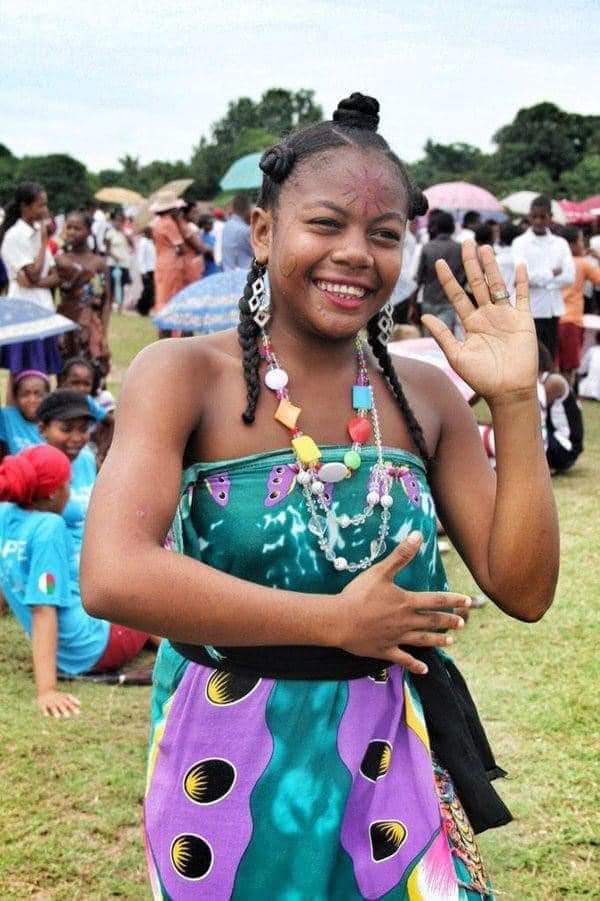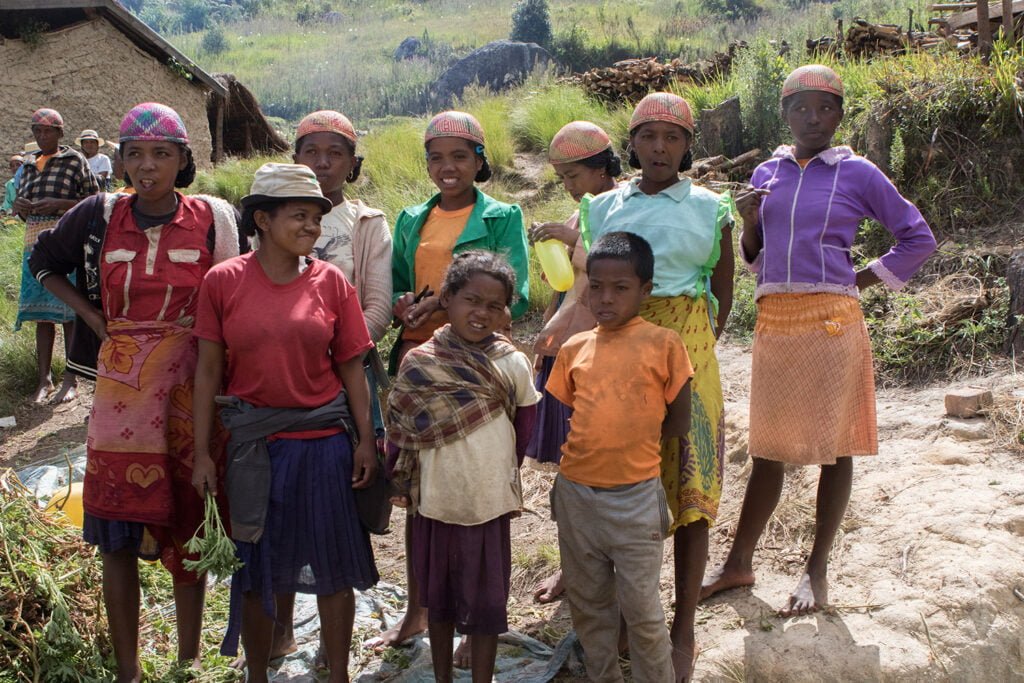The Betsimisaraka culture of Madagascar is a rich and diverse one that has been shaped by a long history of migration, trade, and exchange.
This culture encompasses a broad area in the northeastern part of the island, stretching from the coast to the highlands, and is home to a wide variety of ethnic groups, each with its own unique customs, traditions, and beliefs.
Their Love For Music
The Betsimisaraka people are known for their love of music, dance, and storytelling, which are integral parts of their cultural heritage.

They have a rich musical tradition that includes a wide variety of instruments, including the valiha (a bamboo zither), the marovany (a box harp), and the kabosy (a small guitar). These instruments are used to accompany traditional songs, dances, and storytelling sessions, which are often held in the evenings around the fire in rural villages.
Their Craft
Furthermore, one of the most distinctive aspects of Betsimisaraka culture is its traditional weaving practices, which are still very much alive today.
Women are the primary weavers in Betsimisaraka society, and they create beautiful textiles using a variety of materials, including cotton, silk, and raffia. These textiles are used for clothing, household items, and decorative purposes, and they are often brightly colored and intricately patterned.
The weaving traditions of the Betsimisaraka people have been passed down through generations, and many women still learn the craft from their mothers and grandmothers.
Their Belief
Another important aspect of Betsimisaraka culture is its strong spiritual beliefs. The Betsimisaraka people believe in a complex system of ancestor worship, where the spirits of their ancestors are considered to be a powerful force that can influence their lives.
They also believe in a wide variety of other spirits, including those of animals, plants, and inanimate objects, and they regularly perform rituals to honor and appease these spirits. These rituals often involve offerings of food, drink, and other gifts, and they are performed in communal settings, where the entire village participates.
Their Trade
The Betsimisaraka people have a long and rich history of trade and exchange, which is reflected in their traditional markets and trade fairs. These events are held regularly in different parts of the Betsimisaraka region, and they bring together people from all over the area to trade goods, share news, and celebrate their cultural heritage.
The markets are vibrant and lively place, filled with the sounds of bargaining, music, and laughter, and they offer a unique glimpse into the rich and diverse culture of the Betsimisaraka people.
Their Rich Cuisine
The Betsimisaraka culture is also known for its rich cuisine, which is influenced by a variety of different traditions. Betsimisaraka cuisine is characterized by its use of fresh and flavorful ingredients, including seafood, rice, and a wide variety of fruits and vegetables.
It is also known for its use of spices, such as ginger, garlic, and chili, which are used to add depth and complexity to dishes. One of the most famous dishes from the Betsimisaraka region is called romazava, which is a hearty stew made from beef or chicken, vegetables, and spices.
Baseline
In conclusion, the Betsimisaraka culture of Madagascar is a rich and diverse one that is characterized by a love of music, dance, and storytelling, a strong tradition of weaving, a deep belief in ancestor worship and spirits, a rich history of trade and exchange, and delicious cuisine.

